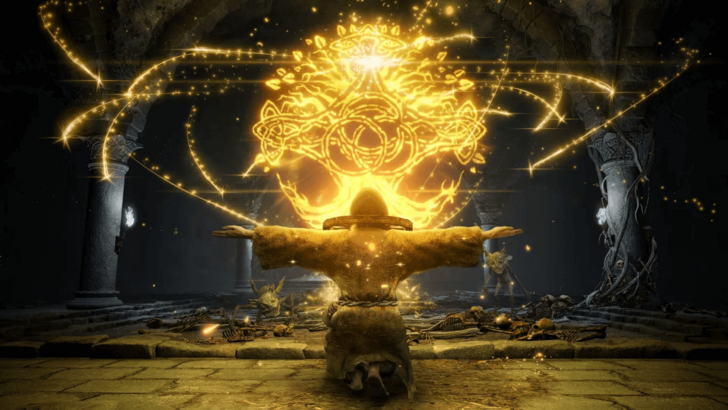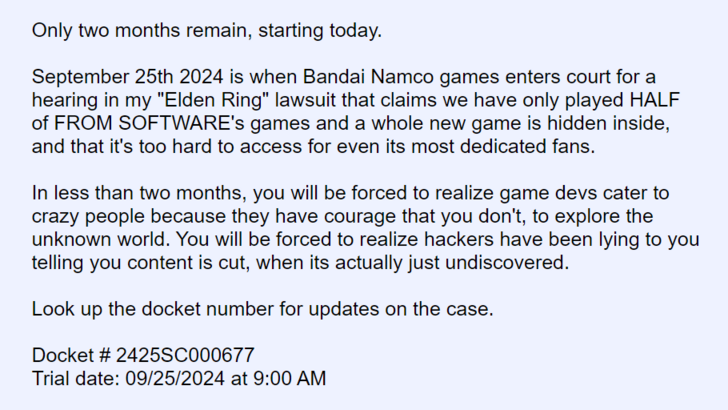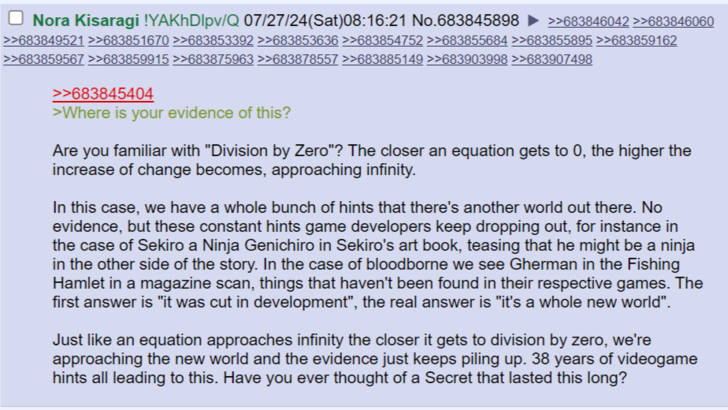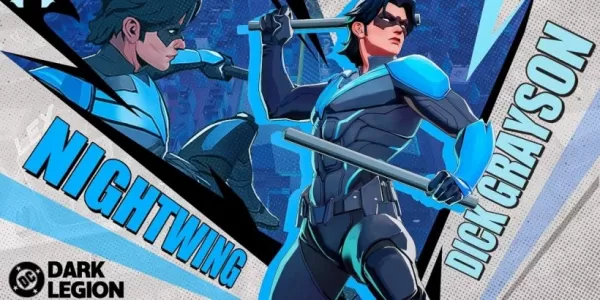
A lawsuit against Bandai Namco and FromSoftware, filed by an Elden Ring player, alleges deceptive advertising by concealing significant game content. This article examines the lawsuit, its likelihood of success, and the plaintiff's motivations.
Elden Ring Lawsuit Filed in Small Claims Court
The plaintiff, identified only as Nora Kisaragi on 4Chan, announced their intention to sue Bandai Namco on September 25th. Their claim centers on the assertion that Elden Ring, and other FromSoftware titles, contain a "hidden game" deliberately obscured by the games' high difficulty.

FromSoftware games are known for their challenging yet fair gameplay. The recent Elden Ring DLC, Shadow of the Erdtree, reinforced this reputation, proving difficult even for experienced players. However, Kisaragi argues this difficulty masks intentionally hidden content, claiming Bandai Namco and FromSoftware misrepresent the game's completeness, citing datamined content as evidence. Unlike others who believe this data represents cut content, Kisaragi insists it's intentionally hidden.

Kisaragi admits lacking concrete evidence, relying on "constant hints" from developers. They cite Sekiro's art book and statements by FromSoftware President Hidetaka Miyazaki as examples. Their core argument: players paid for inaccessible content without knowledge of its existence.
The case is widely considered absurd, as dataminers would likely have uncovered such a "hidden game" years ago. The presence of unused assets in game code is common, often due to time constraints or development changes, and doesn't necessarily indicate intentional concealment.

The Lawsuit's Viability
Massachusetts law allows anyone over 18 to sue in small claims court without an attorney. However, the judge will assess the case's validity. The plaintiff might attempt to use consumer protection laws, arguing deceptive practices. Proving this will be extremely difficult; Kisaragi needs substantial evidence of a "hidden dimension" and demonstrable consumer harm. Without this, dismissal is likely.
Even if successful, damages in small claims court are limited. Despite this, Kisaragi's focus is on forcing public acknowledgement of the "hidden dimension," regardless of the outcome.







![Chubby Story [v1.4.2] (Localizations)](https://images.737c.com/uploads/85/1719638042667f981a5e9f8.jpg)


